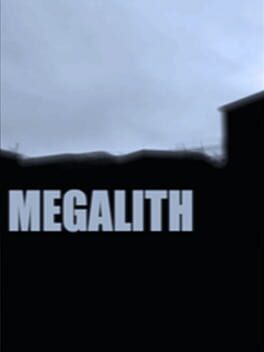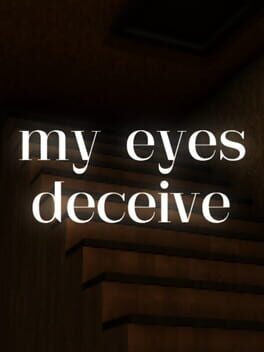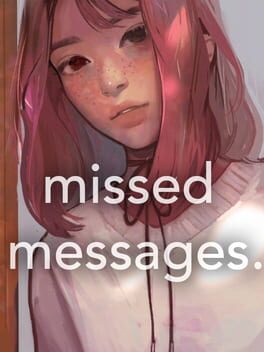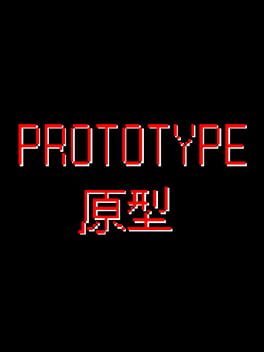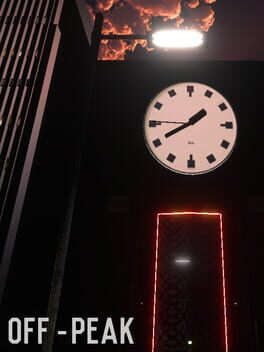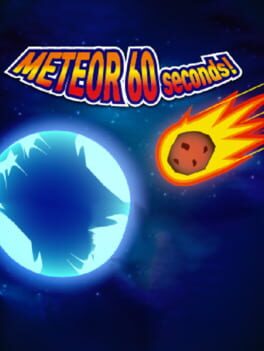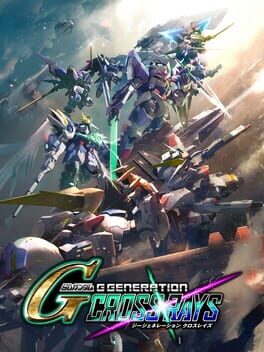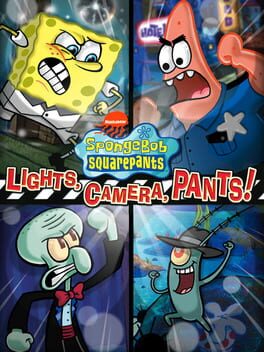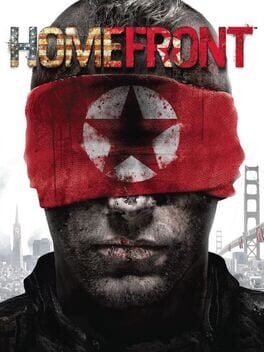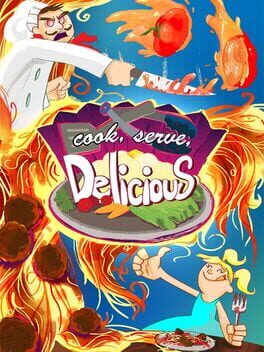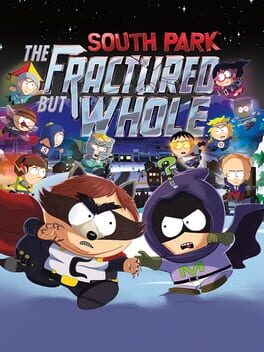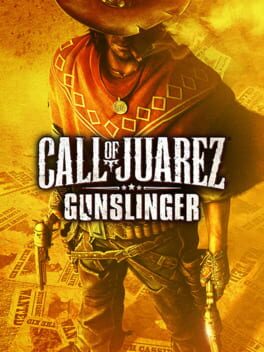2021
2007
This review contains spoilers
Everything feels deliberate in No More Heroes, perfectly chosen and presented to the player. Its commentary on otaku culture is pointed and ageless, all the while being quite entertaining. The combat is deceptively simple and very rewarding once fully understood. Every beam katana has different strengths and weaknesses, and I found myself enjoying each one as I unlocked them.
The plot of No More Heroes is a fairly open-and-shut affair: if sequels had never been made, I would have been satisfied and not questioned it. The strength of the plot comes from the incredibly creative cutscenes, which give a lot of personality to each assassin while peeling back the story's layers bit by bit. Of course, some cutscenes are entirely character-focused and still rock: Destroyman's is the obvious pick, but I think the oft-neglected Volodarskii's cutscene is equally awesome.
To me, this all goes back to the deliberate nature of the game. The side-job tedium reflects Travis' pointless climb to the real-life leaderboards of wet work, and the smart writing tells you just enough without spoiling the big reveal. Even so, the player is given plenty of options for the open world segments: finding the Lovikov balls, mastering the bike, shopping, there's a solid variety of things to do outside of jobs.
No More Heroes isn't a very long game, but it doesn't need to be. It has its points and themes spread evenly across its runtime, a story smart enough to know when to end, and streamlined combat that rewards decisive action without being greedy. It's a damn fine game and I'm glad I finally got the chance to play it.
The plot of No More Heroes is a fairly open-and-shut affair: if sequels had never been made, I would have been satisfied and not questioned it. The strength of the plot comes from the incredibly creative cutscenes, which give a lot of personality to each assassin while peeling back the story's layers bit by bit. Of course, some cutscenes are entirely character-focused and still rock: Destroyman's is the obvious pick, but I think the oft-neglected Volodarskii's cutscene is equally awesome.
To me, this all goes back to the deliberate nature of the game. The side-job tedium reflects Travis' pointless climb to the real-life leaderboards of wet work, and the smart writing tells you just enough without spoiling the big reveal. Even so, the player is given plenty of options for the open world segments: finding the Lovikov balls, mastering the bike, shopping, there's a solid variety of things to do outside of jobs.
No More Heroes isn't a very long game, but it doesn't need to be. It has its points and themes spread evenly across its runtime, a story smart enough to know when to end, and streamlined combat that rewards decisive action without being greedy. It's a damn fine game and I'm glad I finally got the chance to play it.
2023
Single-serve horror. TV Dinner gaming. Utterly expendable.
The buildup is perfunctory, the aesthetics dull, and the 'gut-punch' ending resembles an awkward slap. The only shock is purely text-based, so LPers make videos about it without hesitation or thought. And it's just that: a well-oiled machine good for making chunks of change. Some years ago a game with similar sensibilities was released with the same result, and somehow received even greater acclaim.
It was called Doki Doki Literature Club.
The buildup is perfunctory, the aesthetics dull, and the 'gut-punch' ending resembles an awkward slap. The only shock is purely text-based, so LPers make videos about it without hesitation or thought. And it's just that: a well-oiled machine good for making chunks of change. Some years ago a game with similar sensibilities was released with the same result, and somehow received even greater acclaim.
It was called Doki Doki Literature Club.
2019
Comically short with terrifically bad endings that resemble an old AVGN bit. The 2016 memes and unintentionally funny voice-acting only compounded the hilarity, and left me entertained for all the wrong reasons. The true ending feels disingenuous and inorganic. Home run on the art, though!
2023
2017
When the end of the world comes, what will you be doing? Cooking breakfast? Driving home? Writing a letter? Will you even know it's coming?
Intercontinental is about the final, agonizing minutes of civilization, and you've got the best seat in the house. It's minimalist but tense, with the whole experience carrying a rare urgency I haven't felt from a game in a long time.
Intercontinental is about the final, agonizing minutes of civilization, and you've got the best seat in the house. It's minimalist but tense, with the whole experience carrying a rare urgency I haven't felt from a game in a long time.
2015
2018
Short, juvenile, and sometimes funny, Meteor 60 seconds! Carries its lack of complexity with a wink and a grin. A one-dev effort with a bit of heart, I found it hard to hate. It made me reminisce about the flash games of yore I’d rush to play in my primary school computer lab, eager to mash buttons and hurtle through stages with single minded excitement. I mention all of this because that’s precisely the type of experience I had here - besides the basic movement controls, the primary actions you can do are punch and smooch. And with each playthrough lasting 60 seconds, immaturity is basically encouraged. Considering the short playtime and multiple endings, it’s probably one of the most disposable games I’ve ever played, and I don’t mean that as an insult in the slightest.
Most, if not all Gundam episodes run at a length of 24 minutes long. More often than not, there will be a big battle that lasts from 8-11 minutes and features an array of enemy mobile suits that the heroes must slice and shoot through. It's an opportunity for character-building and spectacle, and sometimes even the best part of the show (e.g. Victory and Stardust Memory).
The SD Gundam G Generation series translates this structure into video game format, providing a multitude of stages and no end to the enemies you can fight. The primary issue is that the numbers in each stage are too accurate. The game throws enemies at the player almost too readily (yes that's 83 enemy units on one map), leading to battles lasting up to 1 or even 2 hours long. At first, it's engaging when you're playing on EXTRA difficulty and juggling with health and percentages, but the more you play, the more tired you will inevitably get. High-level Cross Rays games are like 80-minute sessions of whack-a-mole, repetitive and tiresome to the end. I am loath to say this, but there is simply too much "game" here, and the mechanics are not complex enough to back it up. While the quality of life changes are more than appreciated (the move-all function is excellent), some have been removed like the powerful multi-target attacks from previous titles. Not only that but many of the stronger attacks from the same titles have been nerfed or locked behind killstreaks, which only serves to pad out the already long maps. On the subject of maps, the objectives are much simpler than Overworld, an entry that was released 7 years earlier. The gameplay can best be described as one step forward, two steps back.
The saving grace of Cross Rays is its fanatical devotion to presentation: specifically, making every mobile suit included look damn good. There is a visual appeal to even the most flawed of Gundam's many series, and that's the mechanical design. Cross Rays shrinks down the mobile suits to SD proportions without making them look ridiculous, and pairs them with excellent battle animations to boot. Don't believe me? Check out the animations of the Tornado Gundam, one of the weak early-game units. In terms of content, there's a ton. Unlockable characters, music, the works. If you like Gundam shows outside of the Universal Century, then this is an easy sell. Just try not to get drowned in the content like I did.
The SD Gundam G Generation series translates this structure into video game format, providing a multitude of stages and no end to the enemies you can fight. The primary issue is that the numbers in each stage are too accurate. The game throws enemies at the player almost too readily (yes that's 83 enemy units on one map), leading to battles lasting up to 1 or even 2 hours long. At first, it's engaging when you're playing on EXTRA difficulty and juggling with health and percentages, but the more you play, the more tired you will inevitably get. High-level Cross Rays games are like 80-minute sessions of whack-a-mole, repetitive and tiresome to the end. I am loath to say this, but there is simply too much "game" here, and the mechanics are not complex enough to back it up. While the quality of life changes are more than appreciated (the move-all function is excellent), some have been removed like the powerful multi-target attacks from previous titles. Not only that but many of the stronger attacks from the same titles have been nerfed or locked behind killstreaks, which only serves to pad out the already long maps. On the subject of maps, the objectives are much simpler than Overworld, an entry that was released 7 years earlier. The gameplay can best be described as one step forward, two steps back.
The saving grace of Cross Rays is its fanatical devotion to presentation: specifically, making every mobile suit included look damn good. There is a visual appeal to even the most flawed of Gundam's many series, and that's the mechanical design. Cross Rays shrinks down the mobile suits to SD proportions without making them look ridiculous, and pairs them with excellent battle animations to boot. Don't believe me? Check out the animations of the Tornado Gundam, one of the weak early-game units. In terms of content, there's a ton. Unlockable characters, music, the works. If you like Gundam shows outside of the Universal Century, then this is an easy sell. Just try not to get drowned in the content like I did.
2011
2018
Fun combat system, definitely the highlight of the whole experience. There's more complexity present without any drawbacks, and the enemies are tougher to a reasonable degree. The soundtrack is great too, especially early on. A lot more jokes here whiffed than in Stick of Truth (there are some highlights however), and the plot is some real eyeroll stuff in the last few hours. Overall it's a game that outstays its welcome but is fun to play nonetheless.
The game really starts to pick up once you acquire skills and get a feel for the weapon types: all three have strengths and weaknesses, and figuring out which one is right for your current scenario can be fun. I thought the narration was gimmicky at first, but it gets to be pretty endearing and switches up the stages in a fun way. Duels are super meh but there aren't a ton of them. Definitely worth playing when it's on sale.
